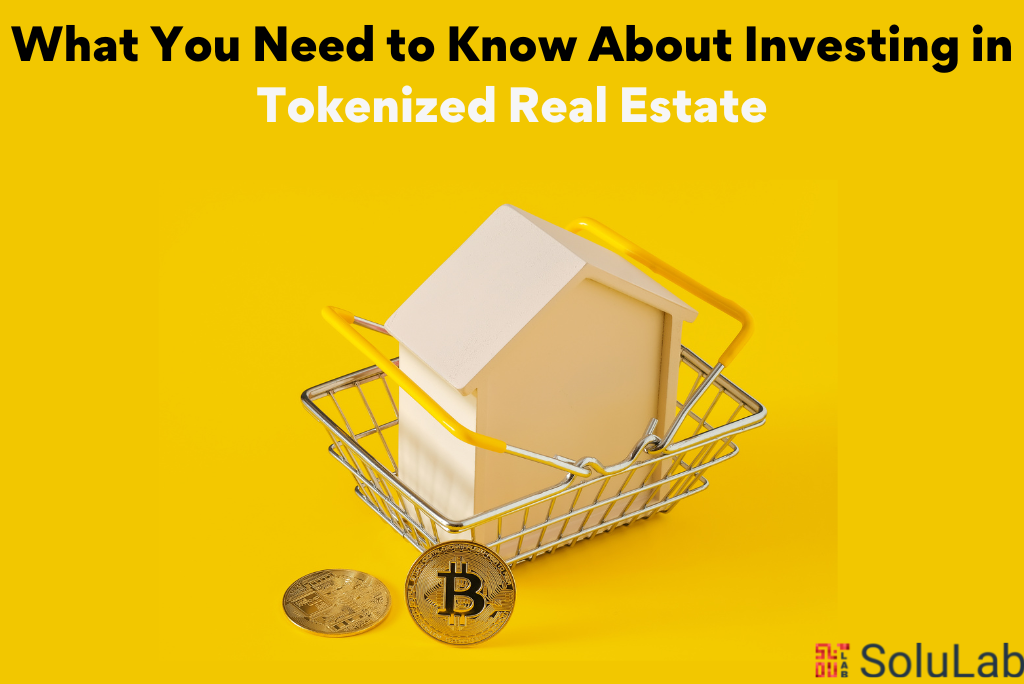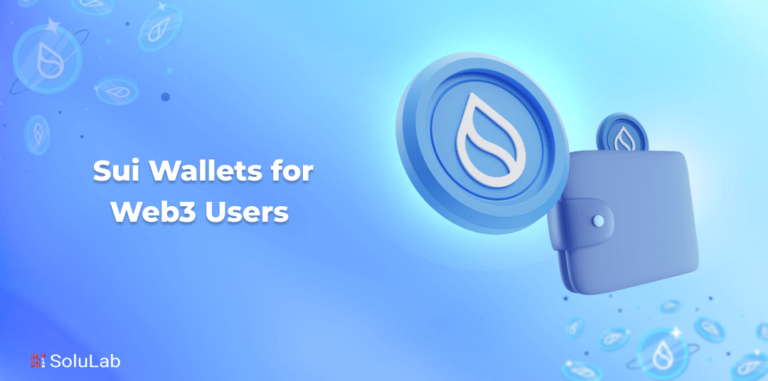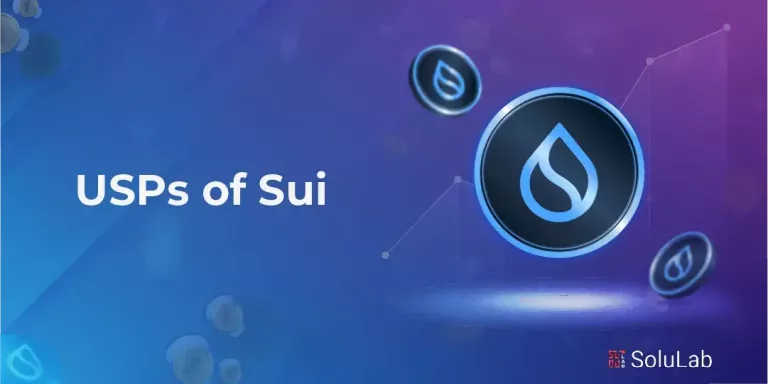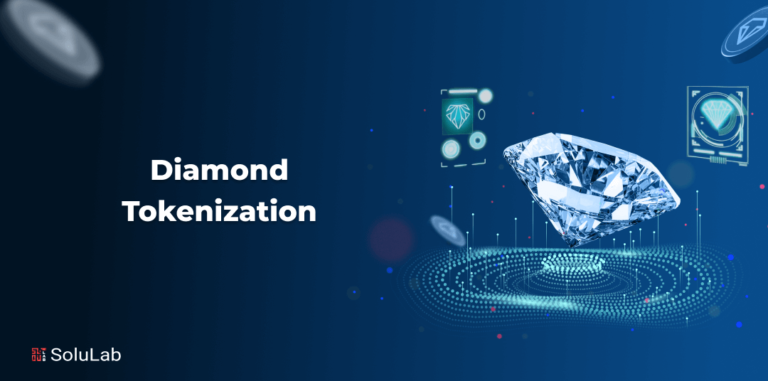
BRIKN is often termed one of the best active ICO projects in 2022. Do you know why it is popular? To answer in simple words, it made people realize their age-old dream of tokenizing real-world properties.BRIKN is the world’s first property DAO Ecosystem powered through blockchain. Blockchain has existed for a long time, but now it’s just inescapable. Crypto has infiltrated almost every major industry. One such sector is- real estate. Regarding investing opportunities, the real estate industry remains the safest and ensures the best ROI(return on investment). Now, imagine if the ever-prospering real estate combines with the swiftly growing blockchain technology.
What does tokenization of real estate mean?
Real estate tokenization simply means converting a real estate asset into a token/coin on the blockchain network and setting it up for sale. In a way, these tokens suggest a person’s interest in property/landholdings or can work to raise capital for investment development. The process attracts a broader range of visitors and developers to participate or invest in real estate.
Investing in tokenized property is not much different from buying a syndicated real estate deal, commonly referred to as a private placement or regulation D offering. Just that instead of receiving a paper certificate that showcases your membership interest in the underlying LLC, you, as a tokenized real estate investor, get a crypto token representing that same membership. Blockchain is where this real estate token gets stored. It can be bought, sold, or traded (following an initial holding period) much more easily, unlike the typical syndication, which must be held until the project sponsor refinances or sells.
There are mainly three key players in tokenized real estate- namely,
Real estate operators– the owners that provide and manage the property. And are sometimes also responsible for raising the money required to invest in real estate property.
Tokenization platforms- are responsible for issuing tokens, token sales, and secondary token exchanges.
Investors- use tokenization platforms to access investment opportunities, trying to become part-owners of specific properties by purchasing tokens/coins.
Read more: Real Estate Tokenization – Benefits, Challenges and Future
How tokenized real estate investing works.
Tokenised, real estate offerings are somewhat similar to traditional ones in the sense that they both use special purpose investment vehicles (SPVs), which are like a subsidiary company that is formed to undertake specific business activity or purpose. It’s usually structured as limited liability companies (LLCs) to invest in real estate. Structure finance applications like real estate commonly utilize SVPs, whether traditional or tokenized.
When it comes to blockchain-based real estate deals, the ownership of the limited liability companies is fractionalized or compartmentalized into security tokens. If you want an exemption from the detailed and expensive process of creating public security, you must make a private placement offering (PPM). In this, all relevant details regarding the investment, all the potential involved risks of the investment, the sponsors/partnerships of the investment and others should be mentioned. A subscription and operating agreement for the SPV should also be there that states the rights and obligations of investors and also managers.
Smart contracts are deployed to programme the real estate security tokens to ensure better compliance with securities law.
Smart contracts enforce applicable purchase and sale restrictions as they are self-executing lines of code with the terms of an agreement between buyer and seller automatically verified and executed via a computer network. Using smart contracts helps mandate the holding time for tokens and better regulation on who can purchase tokens/coins. Smart contracts deployed to blockchains render transactions traceable, transparent, and irreversible.
Tokenization platforms have the necessary tools to enforce these rules and regulations, like KYC and checks for anti-money laundering (AML) and investor accreditation. If a buyer goes through these checks, they are listed or commonly referred to as ‘whitelisted’ as pre-approved to purchase.
Every real estate property can be tokenized, whether commercial, residential or trophy. Expensive shopping complexes or malls(commercial property) can also be partitioned into fractions with the help of smart contracts, which in return makes way for affordable investments. Similarly, the tokenization of residential towers facilitates quick sales. Also, via tokenization, you can liquidate your exceptionally scarce properties, commonly referred to as “trophy assets” (while raising funds for projects).
Inference
Even when real estate was inaccessible, it was the most preferred sector for investing. Now post-tokenization of this industry, anyone, even small-scale investors, can invest in expensive real estate and be a “landlord”.Blockchain-based tokenization has introduced the real estate industry to a decentralized financial system independent of biases.
During tokenization, as real estate is fractionalized, liquidity improves. There is a swift change in ownership as people don’t sell the whole property in one go; rather, tokens are sold quickly. Tokenization is bringing in several phenomenal modifications to the real estate industry. It makes way for more transparent and efficient transactions and eliminates the risk of unfair deals.But in the end, we’ll advise you if you have an inclination in the crypto universe and are interested in investing in tokenized real estate, practice proper precaution before you invest in a company to be safe.




